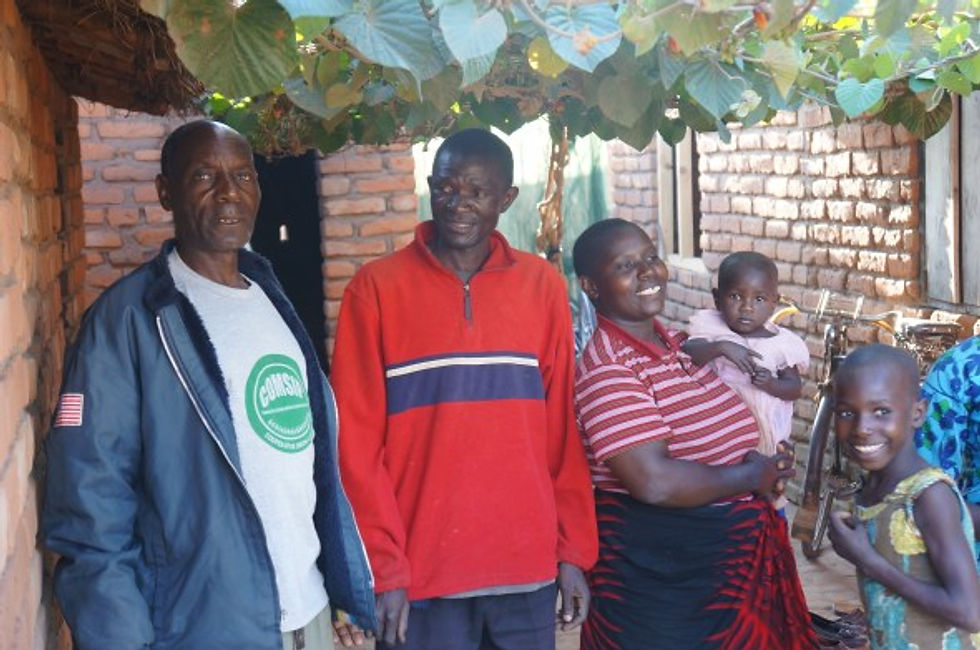How do micro-loans actually help the poor?
- SIA Team
- Mar 5, 2019
- 2 min read
Updated: Jul 9, 2020
The answer to this question may not be what you think. A recent Vox article presented studies that show that while micro-loans may not “lift people out of poverty,” they are still hugely beneficial to the poor.
To save you the time reading the article, I’ve selected just some highlights below. These findings convince me that it is still worth supporting micro-savings and loans groups in Malawi and Kenya, in order to empower and provide greater dignity to those living in poverty.
More options!
One of the tangible, proven benefits of micro-credit is that it provides great options of financial services to poor people.
“Extremely poor people need these services just like everyone else, and the availability of capital to deal with irregular and at times unpredictable incomes is a huge help to them.”
While micro-loans are usually seen in the context of business loans, they can also be greatly beneficial for other family needs. Think about how you might use a credit card for groceries, or a GoFundMe campaign for medical bills.
“Financial diaries of people living on $2 or less per day have shown that microcredit helps many families deal with emergencies, make critical purchases that they couldn’t otherwise afford, and put food on the table in times of scarcity.”

The Fuvu family are members of the Manyamula COMSIP Cooperative, which helps them pay for the necessary medical care for their daughter.
Micro-loans can be especially beneficial for those everyday struggles. As Jonathan Morduch, a researcher for the project Portfolios of the Poor) writes:
“Incomes are seldom steady and predictable; needs vary as well: families need to pay for schools, medicines, and food during slow periods…Evidence that microfinance loans are used to fund non-business needs (even if for education or health) is sometimes used to criticize microfinance, but that misses the point….poor families, like richer families, need broad financial tools. In fact, the poor may need them more urgently.”
How does this connect to dignity and empowerment?
“In Due Diligence, David Roodman also points to Nobel Laureate economist Amartya Sen’s view about the value of increased freedom, in the sense of greater agency in one’s life. By giving the poor a greater number of options in how to navigate their financial lives, Roodman suggests, microcredit can increase this kind of freedom.”

The Manyamula COMSIP Savings and Loans cooperative makes all decision through consensus.




Comments